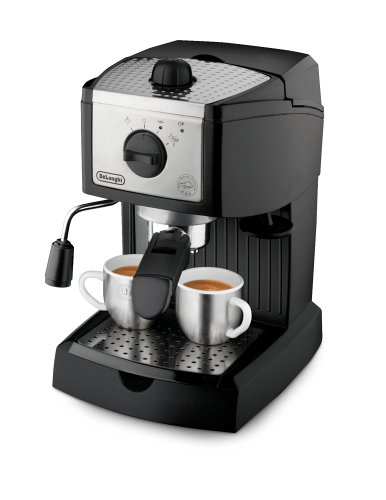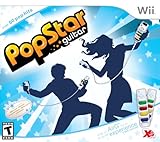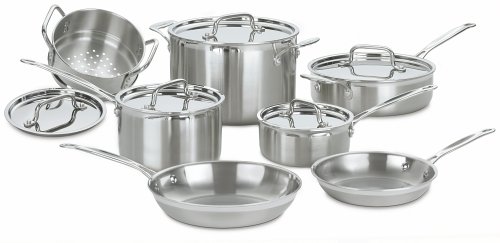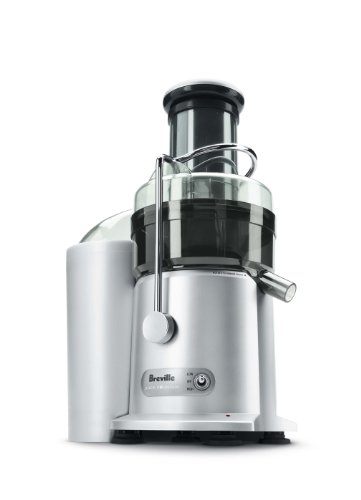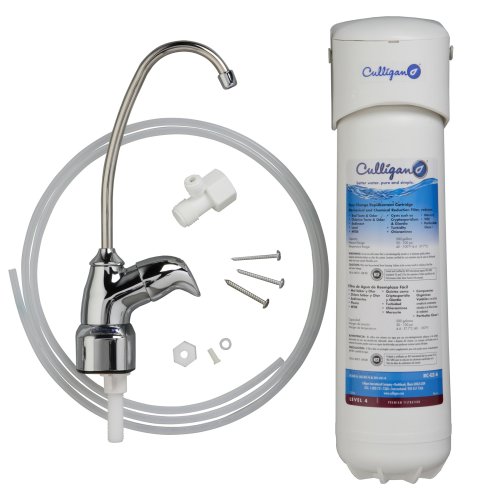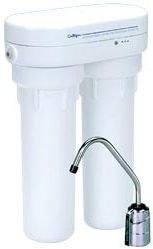BPA free water bottles are vital to your well-being. The Environmental Protection Agency (EPA) recently announced that it will investigate bisphenol-A, or BPA, and has listed this substance as a chemical of concern because it has been revealed as being harmful.
BPA is connected with cancer and other important health conditions in animals and humans. Some problems include permanent hormonal changes, heart disease, poor development of the female reproductive system including mammary tissues, reduced immune system response, alterations in fat tissues, presence in the thyroid tissue, and diabetes. The likelihood of mammary and prostrate cancers are also elevated.
This is a significant issue with humans since much of our food is packaged in plastics containing BPA. Many epoxy resins and items we use every day are made with BPA plastics which permit BPA to seep into our bodies. For example, premature babies subjected to instruments created using BPA plastics in hospital intensive care units presented urine samples whose BPA content was 10 times normal.
BPA in Water Bottles
One source of BPA in human beings has been shown to be water bottles. You see people purchasing plastic water bottles in the store every day. People travel with water bottles because they want to drink more high-quality, uncontaminated water. Unfortunately, the BPA within the plastic of the water bottles seeps into the water after which it enters our body where it does its damage.
The Harvard School of Public Health illustrated this leaching of BPA with college students who drank water from hard polycarbonate bottles. The testing started with a two week cleansing phase where students drank only out of BPA free stainless steel containers. After that they were provided with two polycarbonate bottles and told to drink all cold drinks from these bottles. Urine samples after the polycarbonate period displayed a 69% increase in BPA content in comparison to specimens after the cleansing stage.
You are able to identify such polycarbonate bottles from the recycling number 7.
These solid plastic polycarbonate bottles are popular because they are refillable. Not only do adults use them as portable sources of water, but baby bottles are also constructed from polycarbonate plastics.
If you've got a water purifier in your home you think you are drinking pure water, but if your container you drink from seeps BPA into the water you're ingesting slow acting poison.

